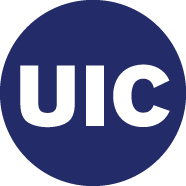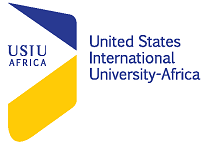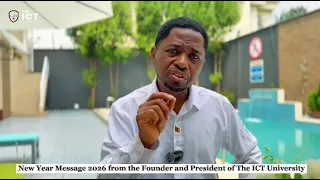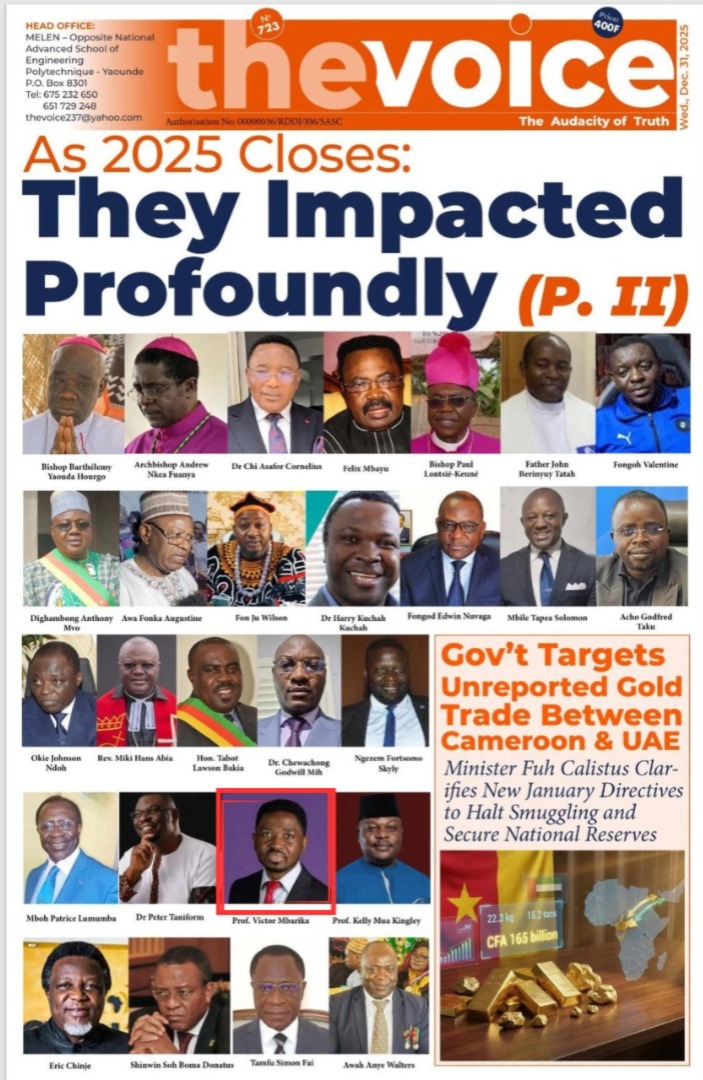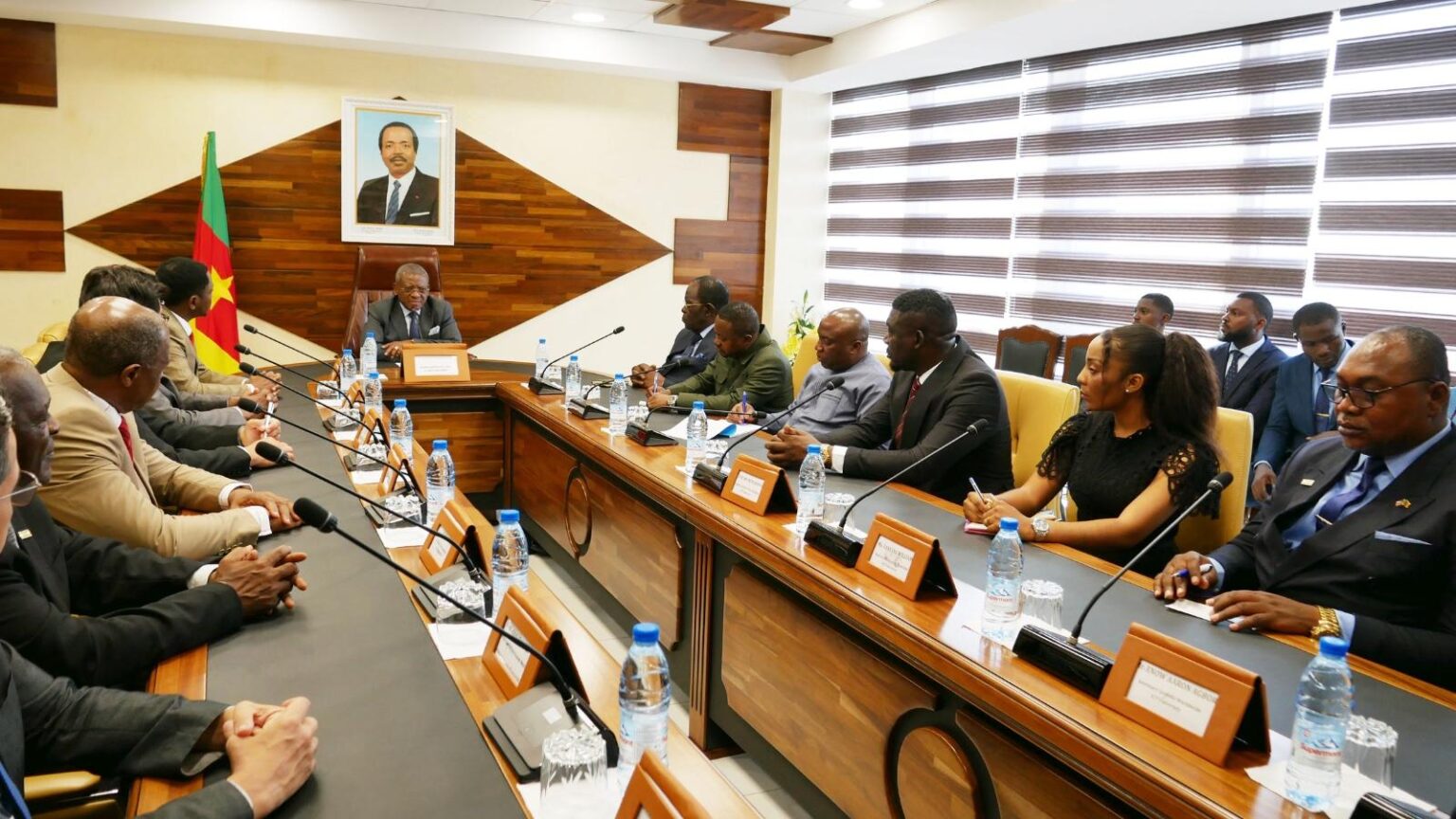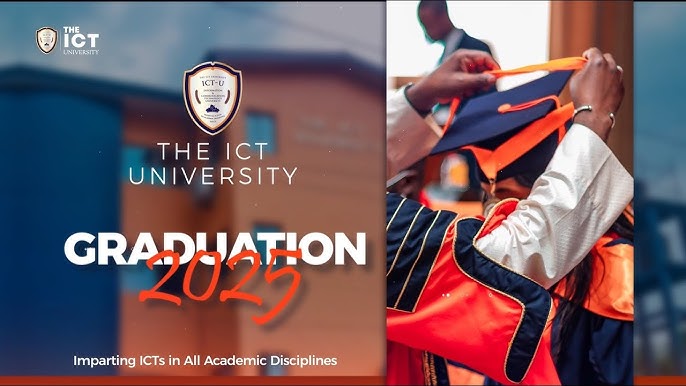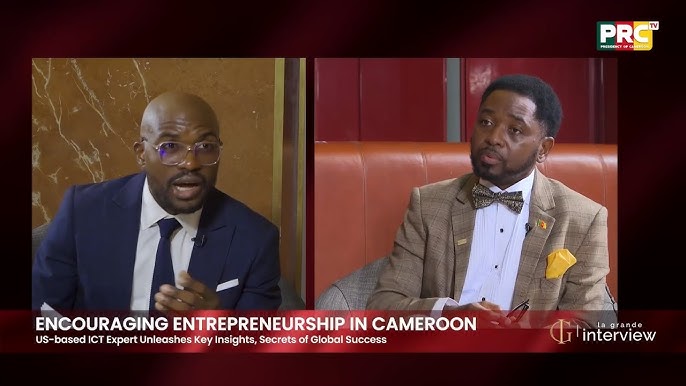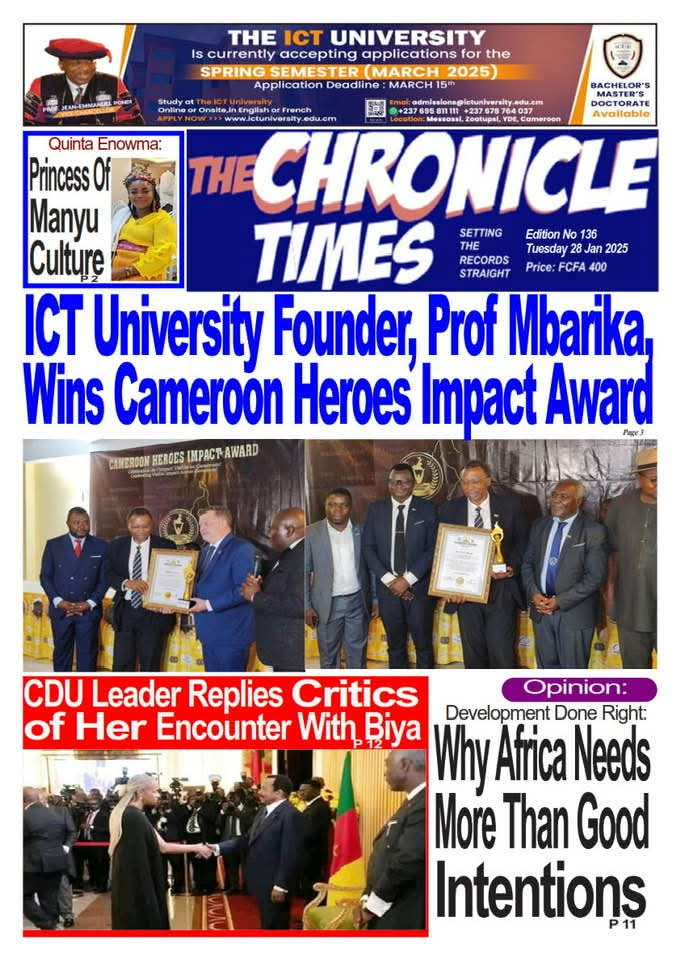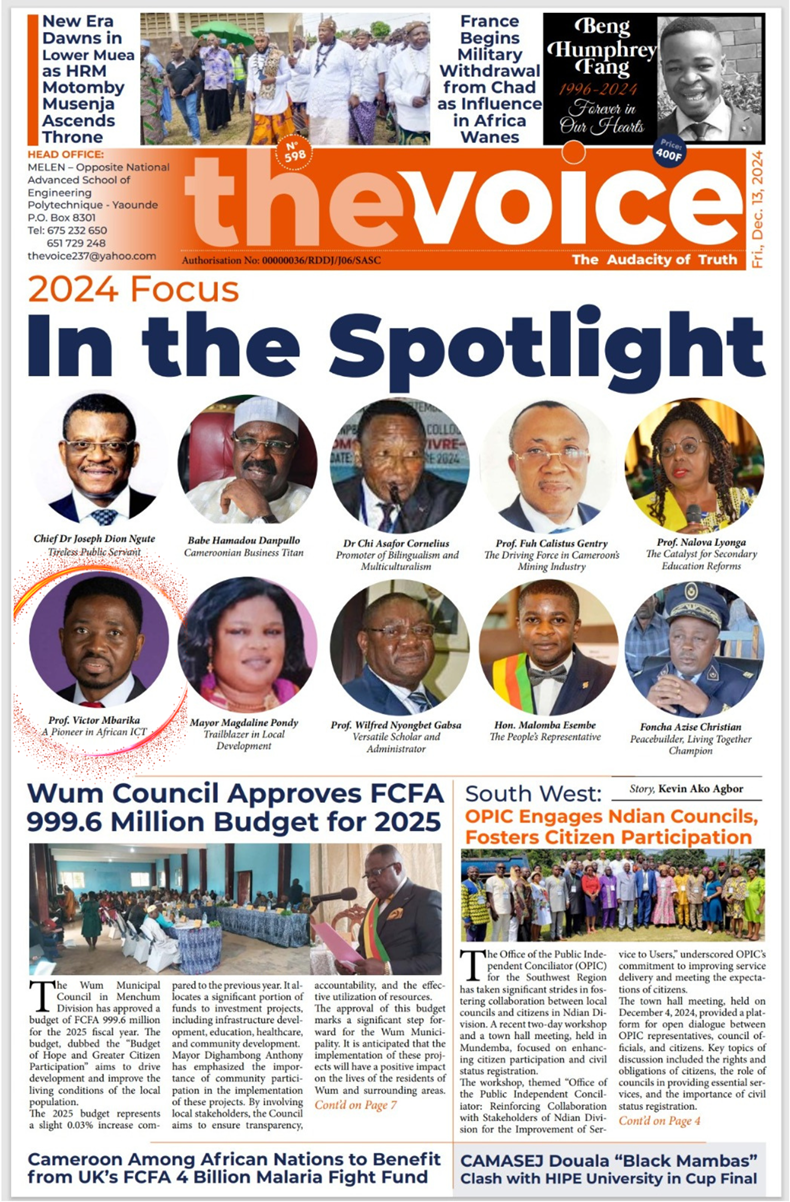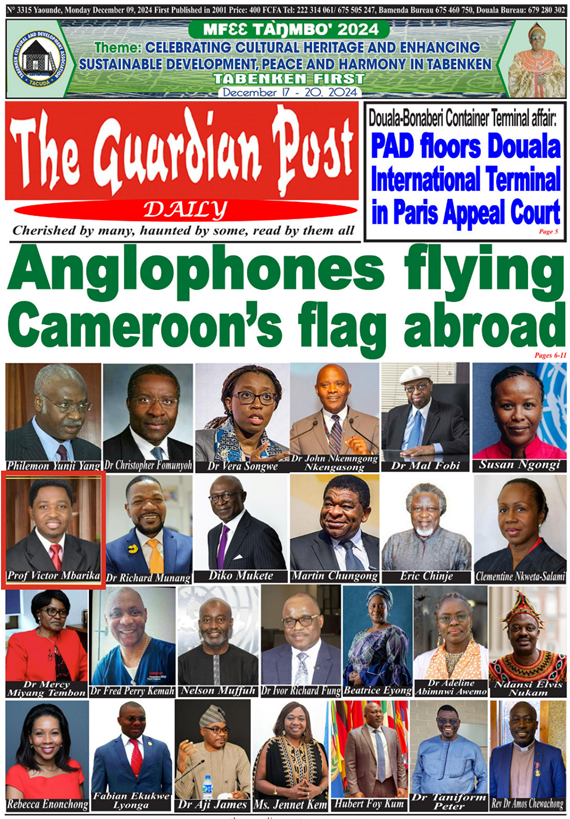Prof. Victor Mbarika
About Prof. Mbarika
Prof. Victor Mbarika, PhD is the Byrd Distinguished Professor and Endowed Chair of Information and Communications Technology (ICT) at The ICT University System. He has previously served as Stallings Distinguished Scholar and tenured full professor for the University of North Carolina System, as well as Houston Endowed Professor at Southern University in Louisiana. He is Founder and Board President of The ICT University, which has been named several times as the best digital University in the Central African sub-continent. His leadership as Board President has propelled the ICT University to prominence in the developing world.
A dedicated philanthropist, Professor Mbarika extends his commitment to education globally by generously funding numerous ICT projects and scholarships, epitomizing his passion for empowering future generations of scholars and professionals. He is also the visionary behind the International Center for Information Technology and Development, an organization that fosters collaborative efforts to bridge the digital divide.
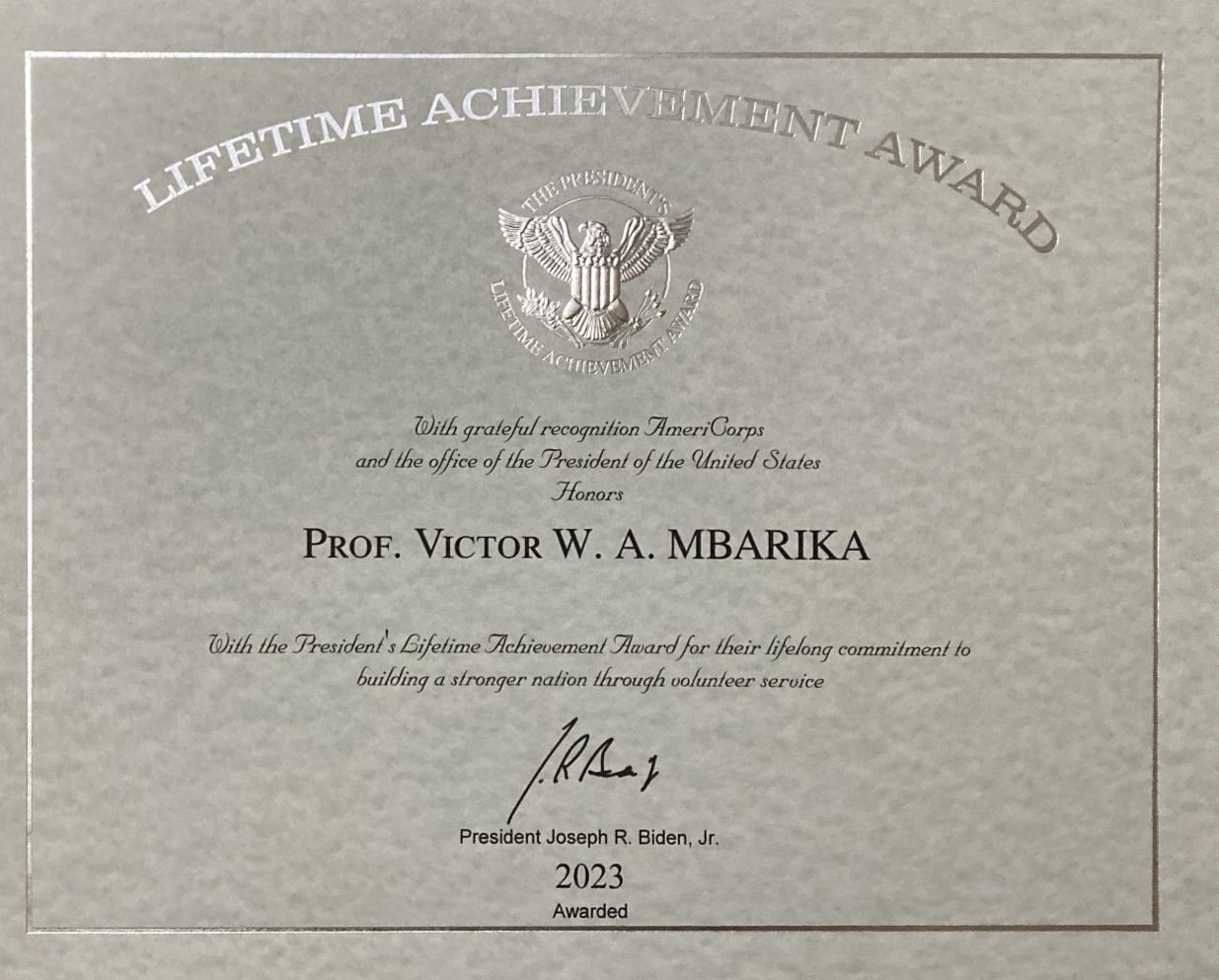
With an unparalleled academic background, Professor Mbarika earned his Bachelor of Science in Management Information Systems (MIS) from the U.S. International University, a Master of Science in MIS from the University of Illinois at Chicago, and a Ph.D. in MIS from Auburn University in a record time of five years. Today, he serves as a Visiting Professor at renowned universities worldwide.
Professor Mbarika's scholarly contributions are very broad in scope. He has over 300 publications spanning books, peer-reviewed journal articles, conference proceedings, and book chapters. He has multiple publications in the MIS Basket of (top) eight journals. As a sought-after keynote speaker at international conferences, he has visited / spoken in over 55 countries; he has been recognized for his research that focuses on technology transfer, particularly in resource-poor countries and environments. His work has earned placement in prestigious academic journals and garnered attention from global media organizations such as Reuters, The Associated Press, and BBC. As a mentor and academic leader, Professor Mbarika has chaired dissertation committees for more than 30 PhD students who have risen to prominent roles in academia and beyond. His research has attracted substantial funding, exceeding $4 million from esteemed organizations such as the National Science Foundation, NASA, KPMG, Microsoft, and the African Development Bank, while his consultancy expertise in ICT is sought after at institutions such as the Harvard Medical School, NASA/UNCFSP and more.
Among his numerous accolades, Professor Mbarika has received over 30 awards for academic excellence from countries worldwide. He has also gained recognition for his contributions to leadership such as the Excellence in Leadership Award from the African Achievers Awards in Westminster, London, UK. Like several other publications in his native Cameroon, UK-based publications have also identified him as a top influencer in the African diaspora.

Prof. Mbarika is five-time recipient of the highly regarded U.S. State Department Fulbright grant that facilitates the mentorship of scholars from developing nations. He has also received four lifetime achievement awards, which includes the Prestigious Presidential Lifetime Award from U.S. President Joe Biden in recognition of his numerous contributions to the world of education.
Major Initiatives
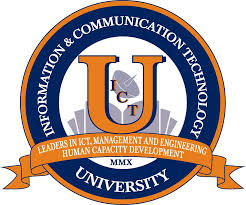
The Information and Communication Technology University
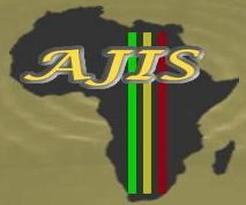
A journal of information systems focusing on the African continent.






